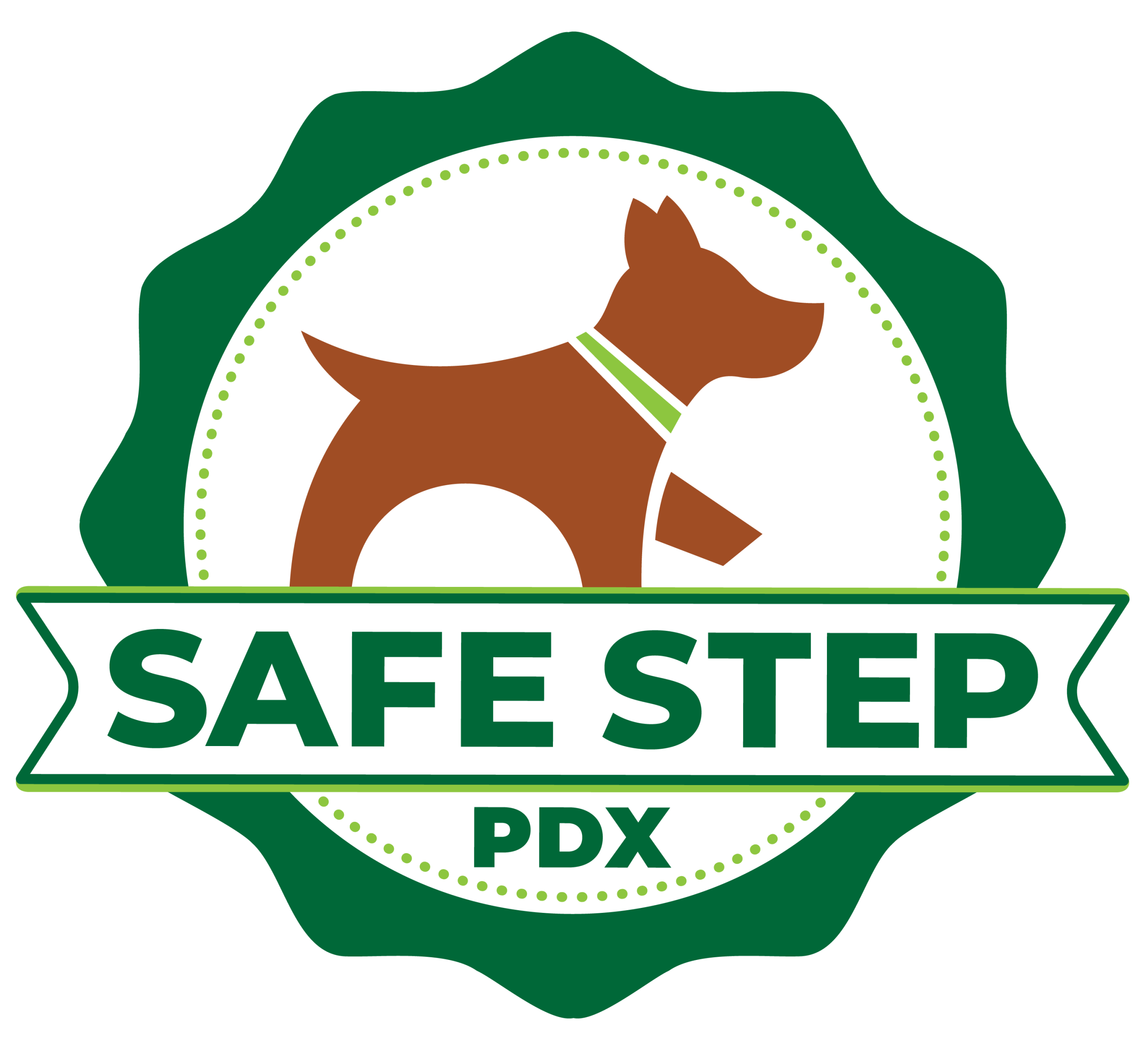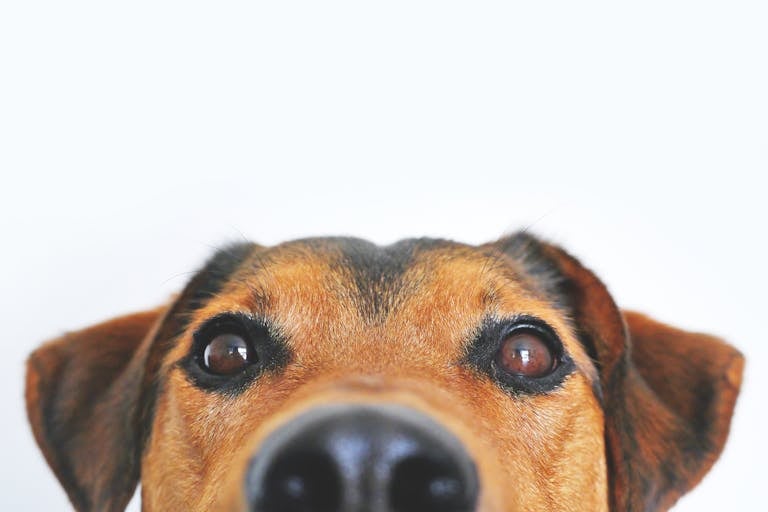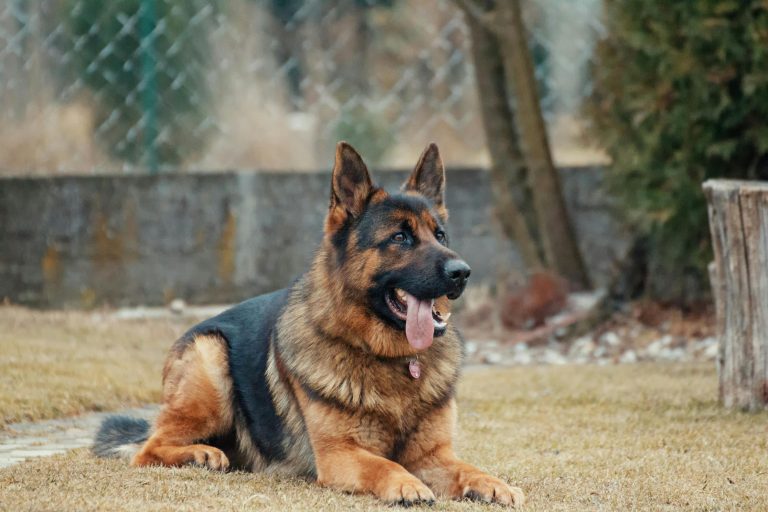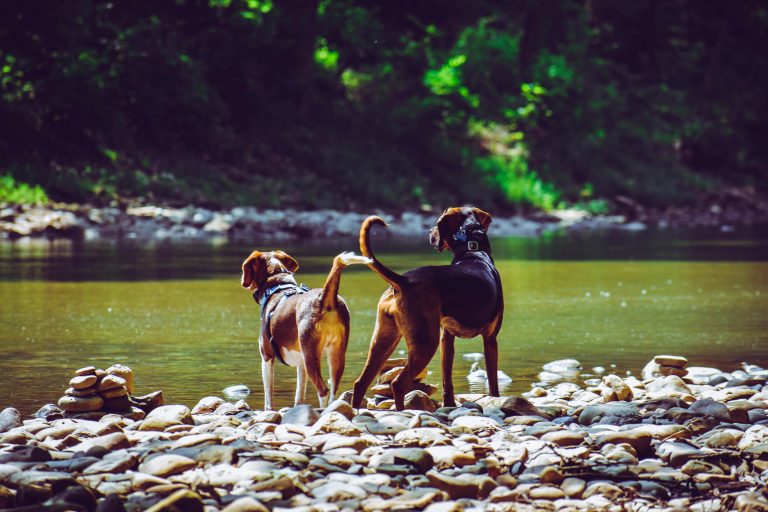The Hidden Health Risks of Dog Waste: What Every Pet Owner Should Know
Most dog owners understand that cleaning up after their pets keeps yards looking tidy, but few realize the serious health risks that accumulated pet waste poses to families, pets, and communities. Dog feces isn’t just unsightly—it’s a significant health hazard that can threaten the wellbeing of everyone who uses your yard.
Understanding these health risks makes clear why professional pet waste removal services aren’t just about convenience—they’re about protecting your family’s health. SafeStep PDX helps Portland area families maintain safe, sanitary yards through regular pooper scooper services that eliminate health hazards before they can cause problems.
Dangerous Pathogens in Dog Feces
Dog waste contains numerous disease-causing organisms that can survive in soil for months, creating persistent health risks. These pathogens include several categories of harmful microorganisms that threaten both human and animal health.
Bacterial infections from dog feces include E. coli, salmonella, and campylobacter. These bacteria can cause severe gastrointestinal illness in humans, with symptoms ranging from mild diarrhea to life-threatening infections requiring hospitalization. Young children, elderly individuals, and those with compromised immune systems face the greatest risk from bacterial contamination.
Viral pathogens in dog waste include parvovirus and coronavirus, which primarily threaten other dogs but demonstrate how long infectious agents can persist in contaminated soil. Parvovirus can survive in the environment for months or even years, creating ongoing infection risks for unvaccinated dogs.
Parasitic infections represent perhaps the most concerning health threat from dog feces. Roundworms, hookworms, whipworms, tapeworms, and giardia all use dog waste as transmission vectors, creating health risks that extend well beyond the immediate cleanup problem.
Roundworms: A Common and Serious Threat
Roundworms are among the most common parasites found in dog feces, with studies showing that up to 45% of adult dogs and nearly 100% of puppies carry these intestinal parasites at some point. A single gram of dog feces can contain millions of roundworm eggs that remain viable in soil for years.
Humans, particularly children, can become infected with roundworms through accidental ingestion of contaminated soil. This typically occurs when children play in yards or sandboxes contaminated with dog feces, then put their hands in their mouths before washing.
Roundworm infections in humans can cause a condition called toxocariasis, which ranges from mild symptoms to serious illness. In severe cases, roundworm larvae migrate through the body and can affect the eyes, causing vision problems or even blindness. Other cases involve larvae migrating to internal organs, causing inflammation and tissue damage.
The persistence of roundworm eggs in the environment makes regular dog waste removal essential for preventing contamination. Professional pet waste removal services ensure consistent cleanup that prevents egg accumulation in soil where children and pets play.
Hookworms and Skin Infections
Hookworms present unique health risks because they can penetrate human skin directly, not just through ingestion. These parasites thrive in warm, moist soil—conditions frequently found in Oregon yards during the mild, wet climate.
When hookworm larvae contact bare skin, they can burrow through and cause a condition called cutaneous larva migrans. This creates intensely itchy, red tracks on the skin where larvae migrate beneath the surface. While typically not dangerous, these infections are uncomfortable and can last for weeks or months without treatment.
Children playing barefoot in yards contaminated with dog feces face the highest risk of hookworm skin infections. Regular professional pooper scooper services prevent hookworm eggs from hatching in soil and eliminate the source of contamination before larvae develop.
Giardia and Gastrointestinal Illness
Giardia is a microscopic parasite that causes severe gastrointestinal illness in both humans and dogs. This organism forms cysts that can survive in the environment for weeks or months, particularly in cool, moist conditions like those found in Portland yards.
Giardia infection causes intense diarrhea, abdominal cramping, nausea, and dehydration. While usually not life-threatening in healthy adults, giardia can cause serious complications in young children, elderly individuals, and those with weakened immune systems.
Dogs infected with giardia shed millions of cysts in their feces, contaminating yards and creating ongoing infection risks for family members and other pets. Professional dog waste removal services eliminate this contamination source and break the cycle of reinfection that can occur when waste accumulates.
Health Risks for Other Pets
Accumulated dog waste in yards creates health risks not just for humans but also for the dogs living there. Dogs investigate their environment with their noses and mouths, bringing them into direct contact with contaminated soil and old feces.
Parasite reinfection is a common problem in yards where waste isn’t removed consistently. Even dogs treated for intestinal parasites can become reinfected by investigating or walking through areas contaminated with their own or other dogs’ waste.
Parvovirus, a deadly viral infection particularly dangerous for puppies, can persist in contaminated soil for years. Dogs contract parvovirus through contact with infected feces, making thorough waste removal essential for protecting young or unvaccinated dogs.
Bacterial infections from contaminated soil can also affect dogs, causing gastrointestinal illness and other health problems. Regular pet waste removal eliminates these infection sources and keeps yards safe for dogs to play and explore.
Children Face the Greatest Risk
Young children are particularly vulnerable to health hazards from dog waste because of their behavior patterns and developing immune systems. Toddlers and young children play close to the ground, frequently put their hands and objects in their mouths, and lack the awareness to avoid contaminated areas.
The Centers for Disease Control and Prevention estimates that approximately 10,000 children are infected with roundworms from contaminated soil each year in the United States. Many more experience infections from other pathogens found in dog feces.
Sandboxes, play areas, and yards where children spend time require particular attention to prevent contamination. Professional pooper scooper services ensure these spaces stay safe for children’s activities without ongoing concern about parasite exposure.
How Long Do Pathogens Survive?
One of the most concerning aspects of dog waste health risks is how long infectious organisms persist in the environment. The mild, wet climate in the Portland area creates ideal conditions for pathogen survival, meaning contamination can last for months or years without proper cleanup.
Roundworm eggs can remain viable in soil for up to five years, maintaining their ability to cause infection throughout this entire period. Hookworm larvae can survive for weeks or months in warm, moist soil. Giardia cysts persist for several weeks to months, particularly in cool, damp conditions.
Even after visible dog feces disappears—broken down by rain and weather—the pathogens it contained remain in soil. This invisible contamination creates ongoing health risks that only thorough, regular cleanup can prevent.
The EPA’s Classification of Pet Waste
The Environmental Protection Agency doesn’t just consider pet waste an aesthetic problem—it classifies dog feces as a significant environmental pollutant and health hazard. The EPA designates pet waste as a major contributor to bacterial contamination in waterways, comparable to chemical runoff from industrial sources.
This classification reflects the serious health and environmental impacts of improperly managed pet waste. Professional dog waste removal services address both aspects by preventing contamination of yards and ensuring waste doesn’t enter local water systems.
Prevention Through Regular Removal
The most effective way to eliminate health risks from dog waste is consistent, thorough removal. Professional pet waste removal services provide several advantages over sporadic DIY cleanup:
Regular scheduling ensures waste doesn’t accumulate long enough for pathogens to multiply or contaminate soil. Weekly or twice-weekly service prevents the buildup that creates health hazards.
Complete coverage by trained technicians ensures all waste is removed, not just the most visible piles. Professional pooper scooper services check all areas where waste might hide, eliminating contamination sources that DIY cleanup might miss.
Proper disposal prevents contamination of garbage bins and ensures waste doesn’t contribute to environmental problems or water pollution.
Protecting Your Family’s Health
Understanding the health risks associated with dog waste makes clear why professional pet waste removal isn’t just about convenience or aesthetics—it’s a health and safety measure that protects your family, your pets, and your community.
SafeStep PDX provides professional pooper scooper services throughout the Portland metro area, helping families maintain safe, sanitary yards through consistent, thorough waste removal. Our service eliminates health hazards before they can cause problems, giving you peace of mind that your outdoor space is safe for everyone who uses it.
If you’re ready to protect your family from the hidden health risks of dog waste, professional pet waste removal offers the most effective solution. Contact SafeStep PDX at 503-308-9085 to discuss service options and ensure your yard stays safe and healthy year-round.







